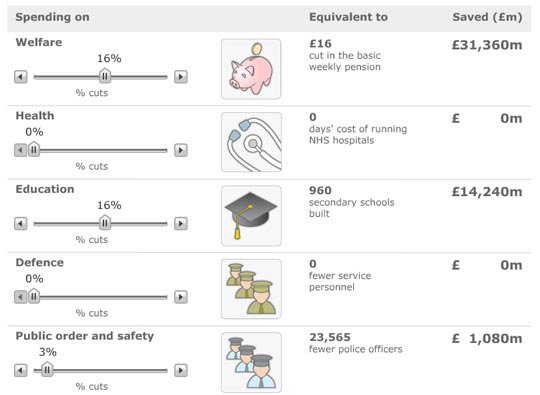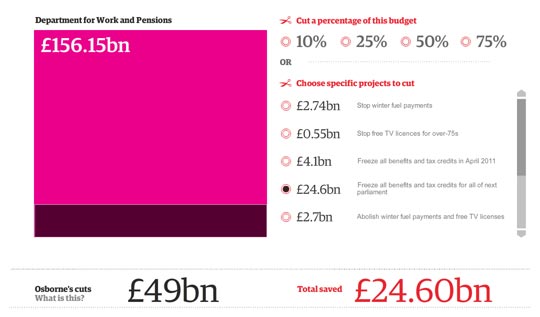A formal announcement is expected to be made later today in George Osbourne’s comprehensive spending review outlining the changes the government has made to BBC funding. But details of the plans have already been widely reported: the BBC itself reports that the broadcaster is set to have its licence fee frozen for the next six years, will have to take on the cost of its World Service and fund the Welsh language channel S4C.
Last month Journalism.co.uk reported that the World Service, which is currently funded by the Foreign Office, was understood to be facing ‘significant cuts’ as part of the review.
News that the corporation would have to pay for the World Service was met with concern yesterday from the National Union of Journalists, which claimed Macedonian, Serbian, Vietnamese and Moldovan language services could close, or be “drastically cut” as a result.
The union also said it also fears job losses at the BBC World Service newsroom in London, the Turkish TV service, the Central Asian and Bengali services, the Spanish American service and the Arabic service. Job cuts could also impact on up to 350 jobs at the BBC Monitoring Service in Caversham, the union added. In a release from the NUJ, general secretary Jeremy Dear said:
The World Service is a vital source of quality journalism; people all over the world rely on the BBC to tell them the truth in times of crisis. If the Government slashes these essential services they will land a blow on objective news reporting and undermine Britain’s international reputation.
According to a report from the Telegraph the BBC has also “extracted a commitment from the BBC to spend less on its website”.
For more information on how news organisations will be covering the spending review today, see this post from Journalism.co.uk.


